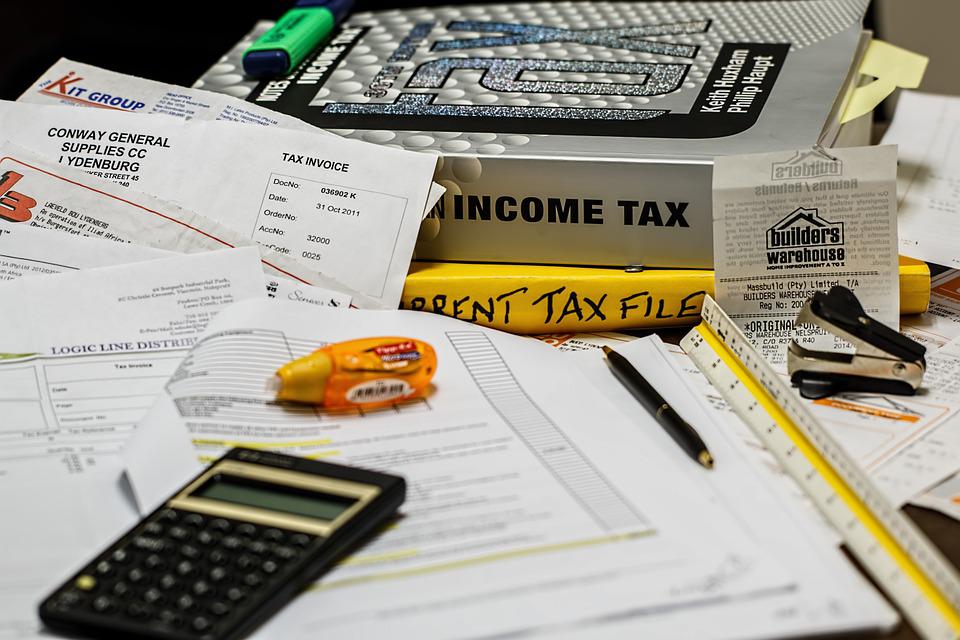Are you self-employed? If so, it’s important to make sure that you’re not paying too much in self-employment taxes. This type of tax is meant to cover your Social Security and Medicare contributions, but it can be easy to pay too much if you’re not careful.
Here, we will discuss how to make sure that you’re not overpaying on your self-employment taxes. We’ll also provide a few tips for reducing your tax bill.
1. Make Sure You’ve Deducted All Your Allowable Expenses
The first step to make sure you’re not paying too much in self-employment taxes is to make sure that you’ve deducted all of your allowable expenses. This includes things like business expenses, home office expenses, and health insurance premiums.
When filling self-employment taxes, you will report your net profit or loss. This is your total income from self-employment minus any allowable expenses. Make sure to deduct all of your expenses so that you don’t end up paying more tax than you owe. If you’re not sure what qualifies as an allowable expense, talk to your accountant or tax advisor.
2. Consider Hiring a Tax Professional
If you’re self-employed, it may be worth your while to hire a tax professional. A tax professional can help you make sure that you’re taking all of the deductions and credits that you’re entitled to. They can also help you file your taxes in a way that will minimize your tax bill.
While hiring a tax professional can be an added expense, it may be worth it in the long run if it means you’re not overpaying on your taxes.
3. Stay Up-To-Date on Tax Laws
The tax laws are always changing, so it’s important to stay up-to-date on the latest changes. This is especially true if you’re self-employed, as there are often new deductions and credits available for those who are self-employed.
You need to closely monitor any changes to the tax laws so that you can take advantage of any deductions or credits that you may be eligible for.
4. Keep Good Records
Another important thing to do if you’re self-employed is to keep good records. This includes keeping track of your income and expenses.
Good recordkeeping will help take note of every expense that you can deduct on your taxes. This, in turn, will help to minimize your tax bill.
If you don’t keep good records, you may miss out on valuable deductions that could save you money come tax time.
5. Know When to Pay Your Taxes
If you’re self-employed, you’re responsible for paying your own taxes. This includes both federal and state taxes.
You will need to make estimated tax payments if you expect to owe $1000 or more in taxes when you file your return.
If you don’t make estimated tax payments, you may be subject to a penalty. This is in addition to the interest that you will owe on the taxes that you didn’t pay.
It’s important to stay on top of your tax payments so that you don’t end up owing a large sum of money.
6. Check to See If You Qualify for the Self-Employment Health Insurance Deduction
If you’re self-employed and have health insurance, you may be able to deduct your premiums on your taxes. The self-employment health insurance deduction is available to those who pay for their own health insurance and are not eligible for an employer-sponsored plan.
To qualify, your health insurance must have been purchased through the Health Insurance Marketplace. If you bought insurance outside of the Marketplace, you will not be eligible for this deduction.
The self-employment health insurance deduction is taken as an adjustment to income. This means that you can deduct your premiums even if you do not itemize deductions on your tax return.
7. Form an S Corporation
If you’re self-employed, you may want to consider forming an S corporation. An S corporation is a small business that has filed for a special tax status with the IRS.
S corporations offer many benefits, including the ability to avoid self-employment taxes on a portion of your income. This can save you a significant amount of money come tax time.
By following these tips, you can make sure that you’re not overpaying on your self-employment taxes. By taking all of your allowable deductions and credits, you can minimize your tax bill and keep more money in your pocket.











